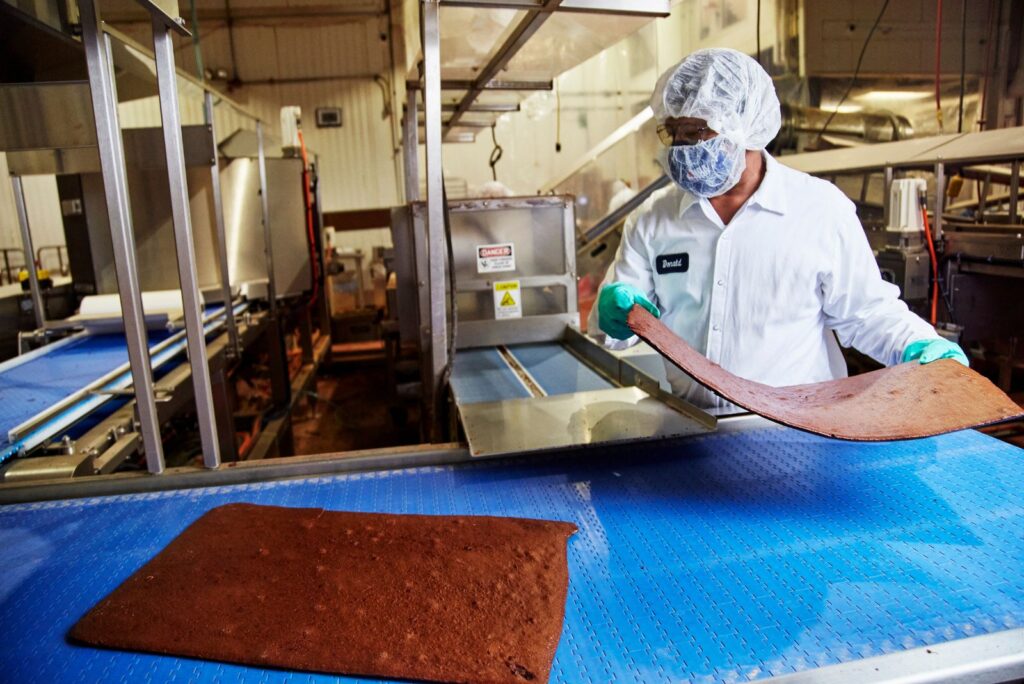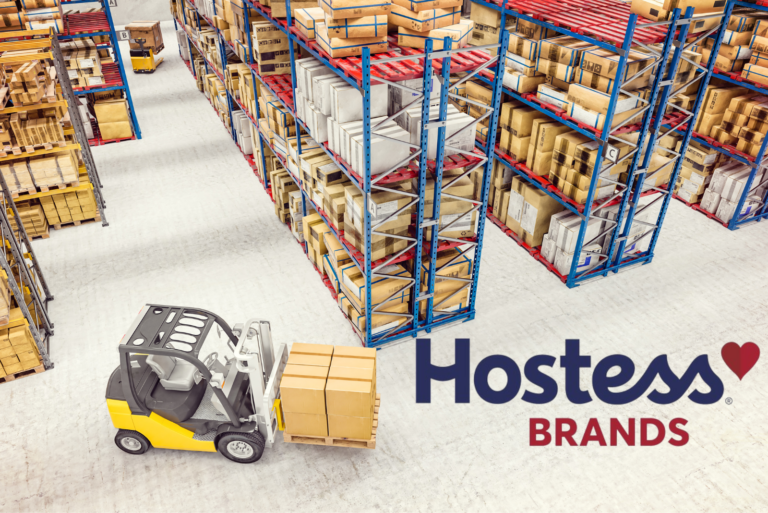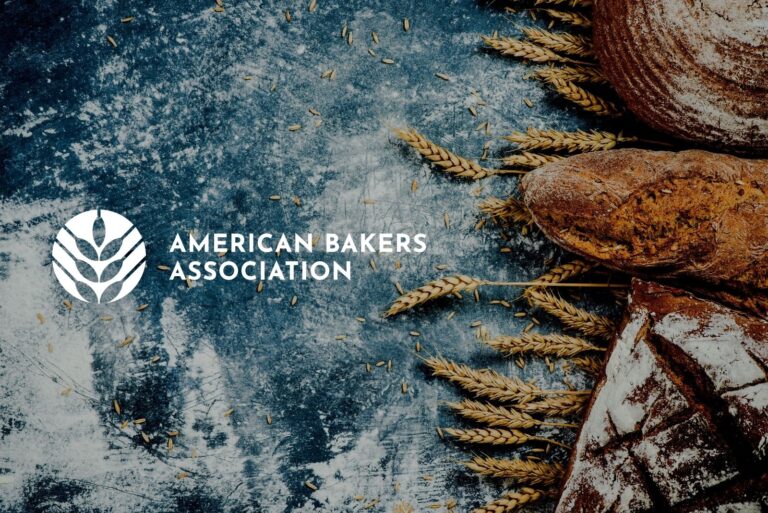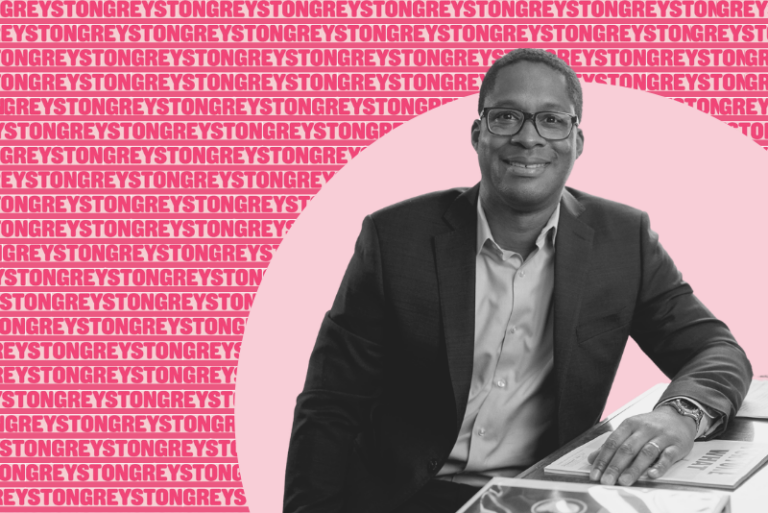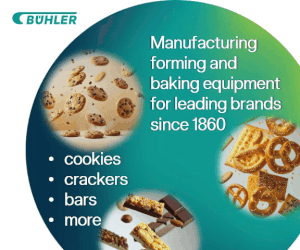YONKERS, NY — The year was 1982, and the late Bernie Glassman, an aeronautical engineer turned Zen Buddhist, did something good for the people on the streets outside of the Buddhist Greyston mansion in Riverdale, NY, near The Bronx. He asked them if they wanted to come inside and bake cakes.
That question set in motion 40 years of humanitarianism combined with product innovation that would become one of the most popular inclusions in Ben & Jerry’s ice cream — and change the way companies should think about their hiring practices.
It can be said that as a bakery, Greyston was founded more on social justice than a baked good.
“Bernie Glassman saw injustice, where there were people who wanted to work but couldn’t,” said Joe Kenner, Greyston president and CEO.
Changing lives through baked goods wasn’t necessarily the original plan.
In that Zen Buddhist community, the group was supporting themselves by making and selling cakes, and Glassman simply seized the moment.
“He literally pulled people off the streets when he saw them looking for work,” Kenner said. “He’d just say, ‘Hey, do you want to help us out by learning how to bake? You just have to show up for the job, and you can learn a trade that might help for long-term employment.’”
That was the genesis of Greyston’s open hiring policy, the cultural foundation that built the bakery. The company has a slogan: “We don’t hire people to bake brownies; we bake brownies to hire people.”

